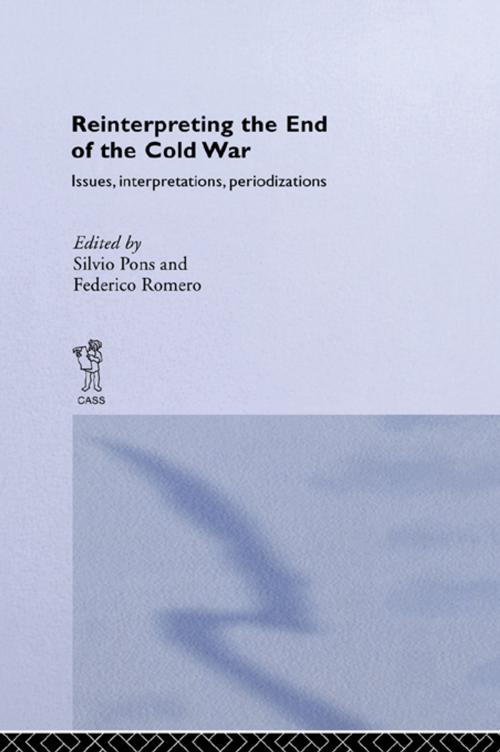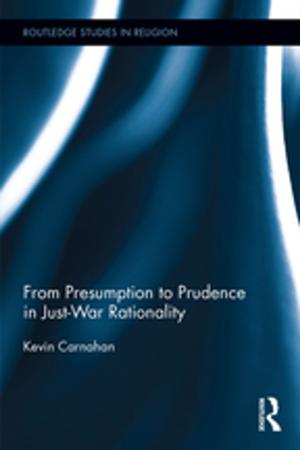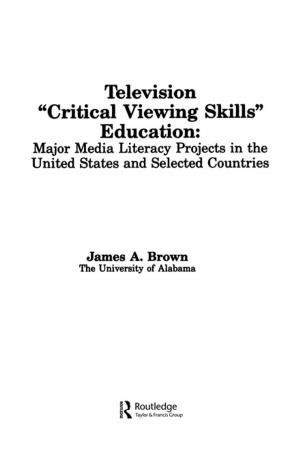Reinterpreting the End of the Cold War
Issues, Interpretations, Periodizations
Nonfiction, History, Asian, Russia, Modern, 20th Century, Military| Author: | ISBN: | 9781317531500 | |
| Publisher: | Taylor and Francis | Publication: | August 28, 2014 |
| Imprint: | Routledge | Language: | English |
| Author: | |
| ISBN: | 9781317531500 |
| Publisher: | Taylor and Francis |
| Publication: | August 28, 2014 |
| Imprint: | Routledge |
| Language: | English |
As the activities of individuals, organizations, and nations increasingly occur in cyberspace, the security of those activities is becoming a growing concern. Political, economic and military leaders must manage and reduce the level of risk associated with threats from hostile states, malevolent nonstate actors such as organized terrorist groups or individual hackers, and high-tech accidents. The impact of the information technology revolution on warfare, global stability, governance, and even the meaning of existing security constructs like deterrence is significant. These essays examine the ways in which the information technology revolution has affected the logic of deterrence and crisis management, definitions of peace and war, democratic constraints on conflict, the conduct of and military organization for war, and the growing role of the private sector in providing security. This book was previously published as a special issue of the journal Contemporary Security Policy.
As the activities of individuals, organizations, and nations increasingly occur in cyberspace, the security of those activities is becoming a growing concern. Political, economic and military leaders must manage and reduce the level of risk associated with threats from hostile states, malevolent nonstate actors such as organized terrorist groups or individual hackers, and high-tech accidents. The impact of the information technology revolution on warfare, global stability, governance, and even the meaning of existing security constructs like deterrence is significant. These essays examine the ways in which the information technology revolution has affected the logic of deterrence and crisis management, definitions of peace and war, democratic constraints on conflict, the conduct of and military organization for war, and the growing role of the private sector in providing security. This book was previously published as a special issue of the journal Contemporary Security Policy.















